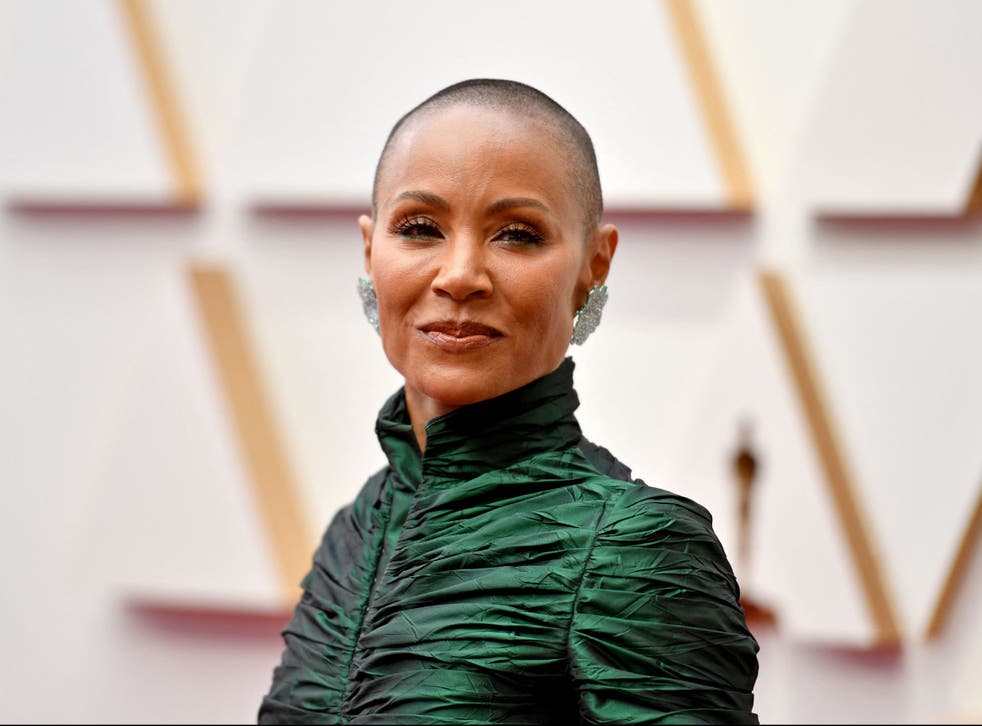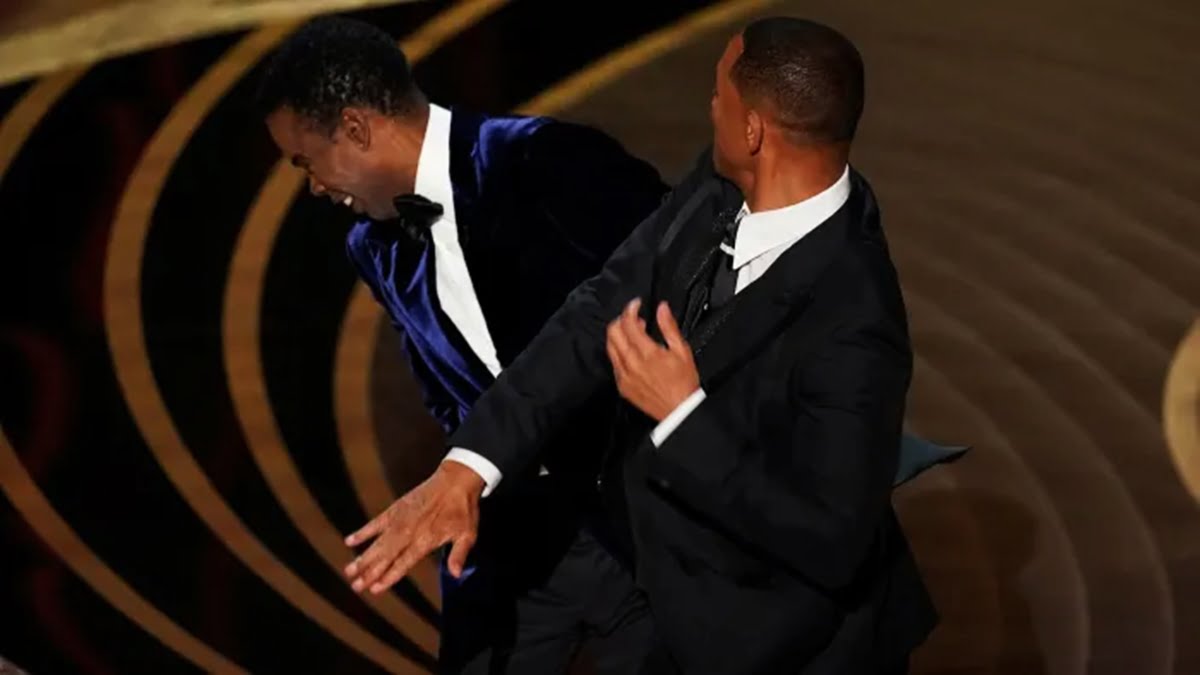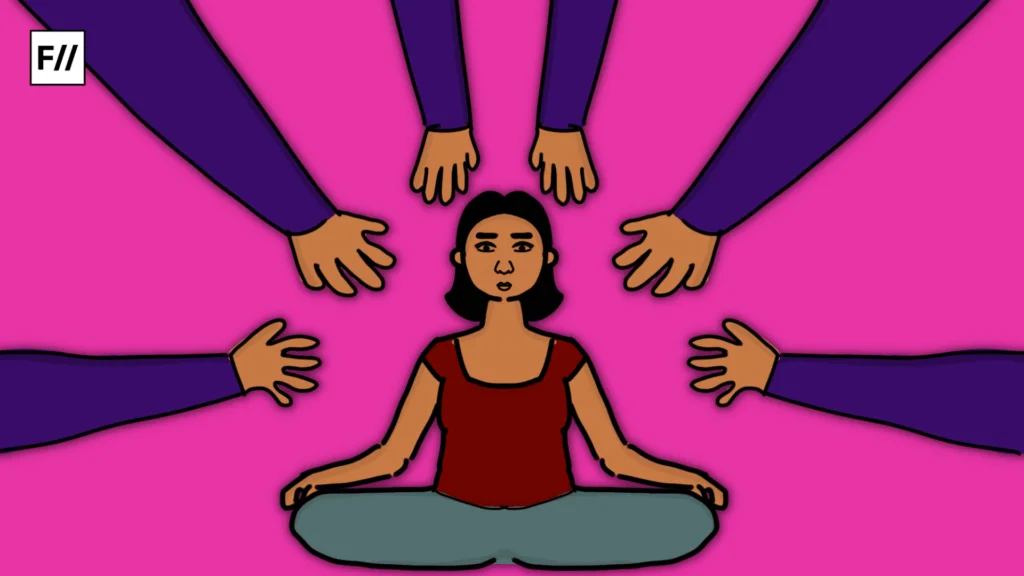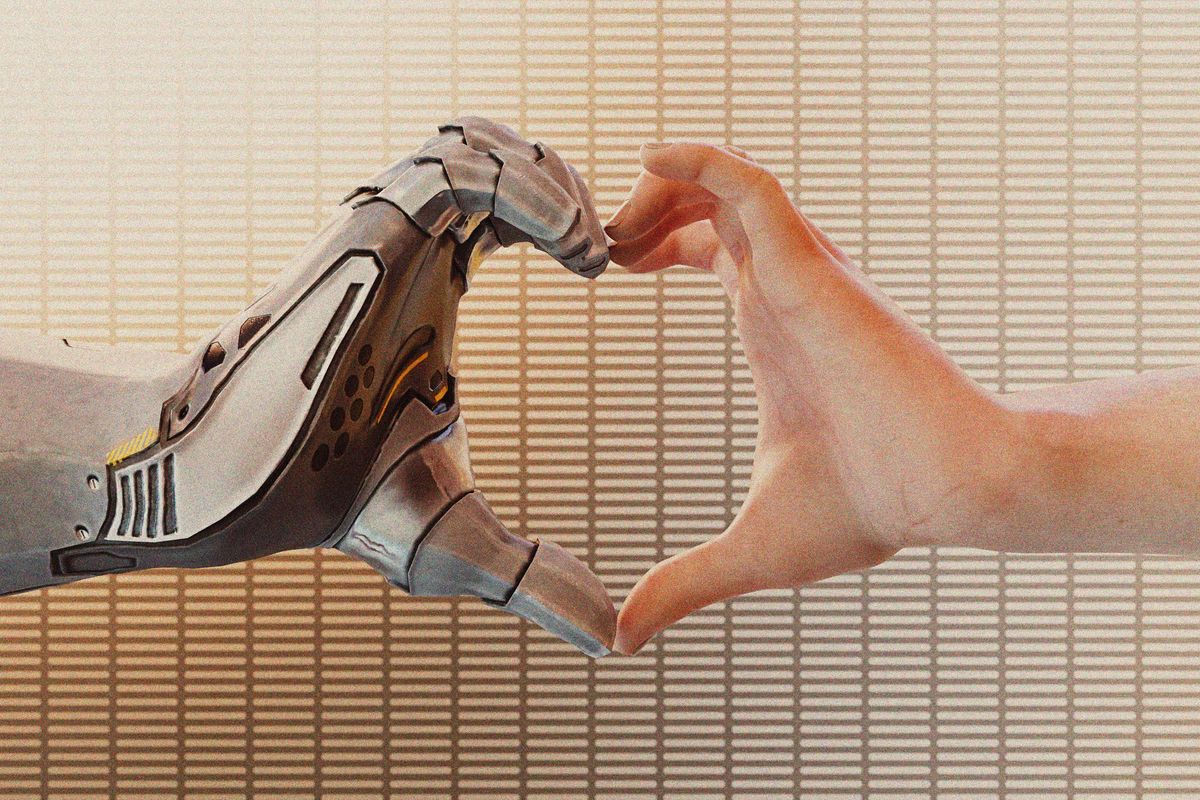Monday mornings are generally considered very important in desi households: a healthy sleep routine preceding a generous serving of poha and fruits is the best way to ace your work, mark your spot in human history, attain global peace, all in one day, and also be back just in time for some chai. On the contrary, for college-goers like me, Mondays usually starts with an alarm that has been snoozed more than twenty times. But not on the Monday that just went by. Not on 28th March, 2022. A dream for all yoga enthusiast parents had come true when, like every year, all cinephile GenZs and Millennials were up at 5:30 in the morning to assemble for the great, glamorous and grand 94th Academy Awards that was broadcasted live on international television.
Also read: The Perils & Price Of Performing Toxic Masculinity
It was the usual and overdone boisterous scheme of affairs until something sensational happened. Will Smith, one of world’s leading Hollywood stars, hit Chris Rock the comedian on stage over what the latter had confidently cracked as a joke. The whole world watching thought it was just a part of the script until it was later confirmed by the authorities that it was, in fact, a genuine reaction on the actor’s part. The remark that sparked something of this magnitude was made over Jada Pinkett Smith’s alopecia. Pinkett had recently come out about her struggles with the disease and her fans could only envision the mental health problems that followed, especially for someone who had been an integral part of the glamour world. The unrealistic beauty standards for women in the industry are already notorious and to make a mockery of someone’s ailment is in itself cruel, ignorant and selfish, to say the least. But does that justify the reaction that it had produced?
The remark that sparked something of this magnitude was made over Jada Pinkett Smith’s alopecia. Pinkett had recently come out about her struggles with the disease and her fans could only envision the mental health problems that followed, especially for someone who had been an integral part of the glamour world.
Smith, who could be initially seen laughing at the joke as his wife seemed displeased, walked up to Chris Rock to assault him mere moments later. Not surprisingly, the act resulted in several knee-jerk responses on the Internet, especially on Twitter where hot takes are served like hot cakes. From tweets that brandished Smith as a chivalrous partner setting standards high to those that demanded the actor gives back the Oscar award as a penalty, safe to say, the micro-blogging site was abuzz. While I can see, for argument’s sake, why it must have seemed romantic at first: man standing up for his wife against a bully (Chris Rock has also previously taken digs at Jada Pinkett Smith) but what it truly is, is yet another blatant step in the direction of normalising and glorifying toxic masculinity.
Belonging to the public eye, actors always have to maintain a self that does not essentially propagate anything problematic, let alone committing an act of this sort on a global platform. Spiralling out of control and then following it up with a “but love will make you do crazy things” Oscar-winning speech, is not an excuse for justifying the action. In fact, that line from Smith’s speech too, which could easily be seen as a anticipatory bail, is problematic in how it sanctions drastic (and often, dangerous) measures in the name of love. What many people do not realise is that the reach of Will Smith’s hit has proliferated into various sections of the society. Taking India into account, these ‘sections’ consist of people, especially people in power whose actions might, more often than not, have no or little consequences. Many do not have the privilege to get educated about patriarchy and toxic masculinity as one of its direct results. These sections end up imbibing the idea that violence is an appropriate method of resolving issues or getting one’s voice heard.
Also read: The Will Smith Interview: On The Dance Around Monogamy & Non-Monogamy
This misinterpretation of gender roles and deeply entrenched toxic masculinity tells men to develop a saviour complex and to muscle up and save their women. As an extension of “protecting their women”, men often assume authority on behalf of the women, thus dismissing their autonomy and infantilising them. This could also translate to strong-arming women and even, meting violence against them, because they “crossed” the boundaries that these men carefully marked for them.
What is also of significance here is how alopecia and the politics around Black women’s health and hair should have ideally been a point of discussion led by Black women themselves, instead of two men making it all about themselves. And while most of us were busy applauding his ‘love’ for his wife, very few tried looking past the entertainment aspect of the whole incident.

This could often take the form of domestic and gender-based violence. With a rise in domestic violence during the lockdown, we need to question the type of content that we share and feed ourselves. The internet produced scores of memes within minutes of the incident, thus, trivialising the ideology that drove Will Smith to turn into the (unfortunately) glorified character of Kabir Singh. What could have been easily resolved in a dialogue, also which Smith delivered right after assaulting Rock, was blown out of proportion into a physical fight. What is also of significance here is how alopecia and the politics around Black women’s health and hair should have ideally been a point of discussion led by Black women themselves, instead of two men making it all about themselves. And while most of us were busy applauding his ‘love’ for his wife, very few tried looking past the entertainment aspect of the whole incident. Physical assault can never be overlooked on the grounds of love, taking a stand or even proving to be a good man. After all, an eye for an eye does make the world blind.
Featured image source: FT.com





This article is really unnecessary and in very bad taste! Indians have zero rights to talk on issues that Black people face. Delete this article because sometimes we need to start silent and let those concerned resolve the issues.